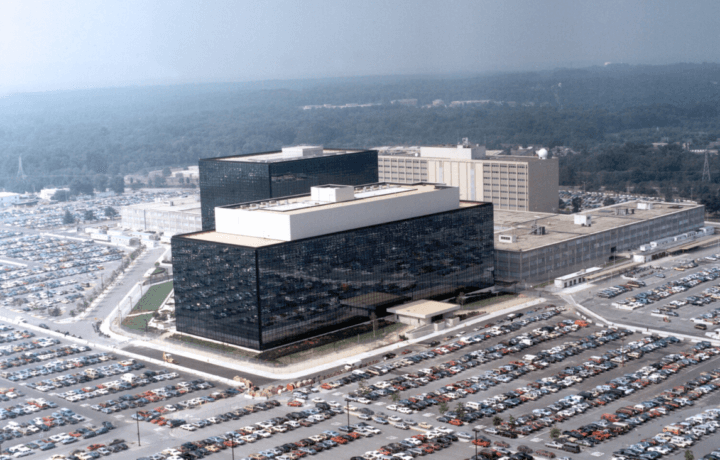A career as a language analyst at the National Security Agency (NSA) represents a unique intersection of linguistic skill, analytical acumen, and protecting U.S. national security. Language analysts in this context are tasked with the essential job of interpreting, translating, and analyzing foreign communications. This role not only requires a deep understanding of one or more foreign languages but also a keen ability to understand the cultural, social, and political nuances that influence language use and communication patterns. And have the ability to analyze this intelligence data and be knowledgeable on all the ways that the agency carries out their mission, in addition to being proficient in the target language.
For those drawn to the challenge, a career as a language analyst offers a unique opportunity to apply linguistic skills towards national security, providing a critical service that spans the globe and protects the nation’s interests.
Becoming a Language Analyst at the NSA
One ClearanceJobsBlog subscriber was interested to know next steps after the agency issued a firm job offer after an almost three year background investigation:
I will be a linguist as a civilian with NSA. They will take care of the relocation but I think it’ll eventually coming out of my pocket or maybe they want me to pay upfront and reimburse me later? I will also break my apartment contract. Will they pay for it? I chose the day to report to duty. However, I am leaving a job I’ve been with quite awhile. I am afraid that I show up for duty in Maryland and NSA changed their mind. This would be devastating. I spent over 2 years going through the clearance process. I just want to be assured.
ACCEPTING A JOB OFFER AT NSA
Language analysts often face a lengthy security clearance investigation largely due to the very skills that make them coveted for the job – their language and cultural abilities. The original poster is a naturalized citizen with relatives in another country. They have traveled overseas many times, making multiple transfers out of the U.S, causing time from application in late 2021 to a full job offer in 2024. Recruiters, HR, or security officers that they have been in contact with would be the best POC for job offer negotiations and any specifics around relocation, stipends, or cost reimbursement. But now that the clearance is fully adjudicated, it would be best to follow through with the onboarding if they are really interested in breaking into the cleared space.
Other commenters on the thread note that the poster should be mindful of paying moving costs upfront and waiting a particular timeline to be reimbursed by the agency. There should be no requirement to move until the job offer is concrete, including a start date and onboarding paperwork.
Much about the clearance process resembles the Pirate’s Code: “more what you’d call guidelines than actual rules.” This case-by-case system is meant to consider the whole person, increase process security, and allow the lowest-risk/highest-need candidates to complete the process. However, it also creates a lot of questions for applicants. For this reason, ClearanceJobs maintains ClearanceJobsBlog.com – a forum where clearance seekers can ask the cleared community for advice on their specific security concerns. Ask CJ explores questions posed on the ClearanceJobs Blog forum, emails received, and comments from this site.



